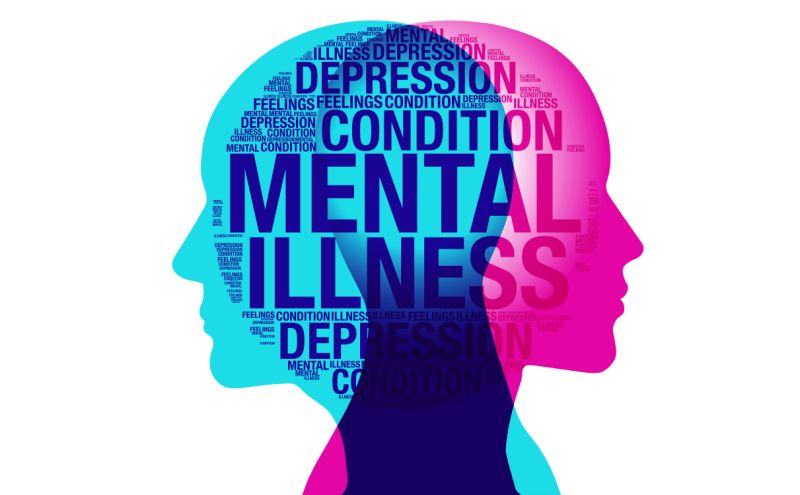
Mental Health: Stigmatized
The topic of mental health in today's society has been stigmatized for decades: no one is open to talk about it.
You or someone you know may have a mental disorder, and the person affected might not even know due to how the media has portrayed mental health. The news has cast a shadow over mental health, speaking of crimes committed and murders caused by mental illnesses, but the truth of the matter is that 50 percent of all people on Earth will be diagnosed with a mental illness/disorder in their lifetimes, not including the millions of non-documented cases or the millions of people not actually aware that they may actually have a mental disorder at all. These kinds of diseases plague our day to day lives, and most people never even notice them.
What is Mental Health?
The Centers for Disease Control describes mental health like this: “Our emotional, psychological, and social wellbeing.” If that sounds like a very large portion of our lives, that’s because it is. Our mental health is everything that goes on in our minds, whether it be our daily emotions or a deep-rooted state of depression. Our minds are what keep us conscious and alive, so it is important to address mental illnesses no matter how hard it may be to speak about the topic.
Depression and Anxiety.
Perhaps one of our most stigmatized mental disorders, depression is a disorder that millions of people must endure every year. Anxiety, on the other hand, has improved in how it has been addressed in the general public, now it being fairly easy to self-diagnose and is easy to receive treatment for. These two may seem very different, but they are deeply intertwined with each other. Almost half of those affected by depression also are also diagnosed with an anxiety disorder as stated by The Anxiety and Depression Association of America.
Warning Factors of Mental Disorders.
Here are some causes of mental disorders. Keep in mind if you fall into one of these categories, it just means you have a higher probability of being affected by a mental illness, not that you are.
- Trauma from previous events, possibly of abuse
- Family members being affected
- Experience with serious medical conditions
- The feeling of loneliness, even if not alone
Symptoms.
Here are a few common symptoms of mental illnesses. If you notice that you fit into one or more of these, please contact your healthcare provider to get diagnosed and treated. Remember, mental health isn’t a joke, mental illnesses can very easily cause death.
- Lack of the ability to concentrate
- Extreme feelings of guilt, anger, sadness, etc.
- Suicidal thinking
- Changes in eating habits
- Low energy
- Large mood-swings
- Trouble relating to people
- Constant paranoia
In Conclusion...
If you notice that someone you know may have a mental disorder based upon the warning signs and symptoms described above, don’t hesitate to speak with them about it. If they don’t, it’s better safe than sorry. If they do, you may have saved a life. Also, take a look at the sources listed below for more information on depression, anxiety, and mental health in general.

































Comments